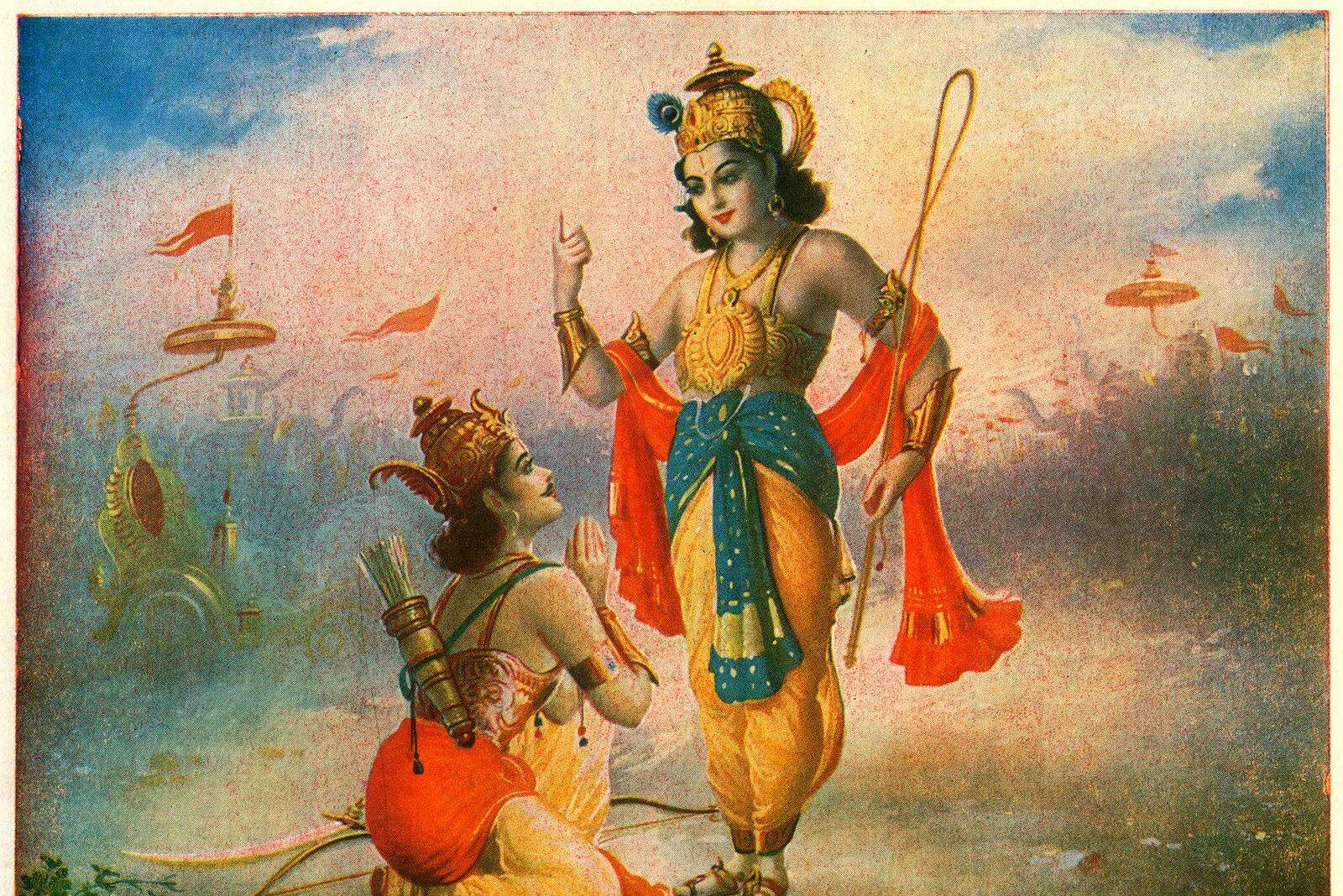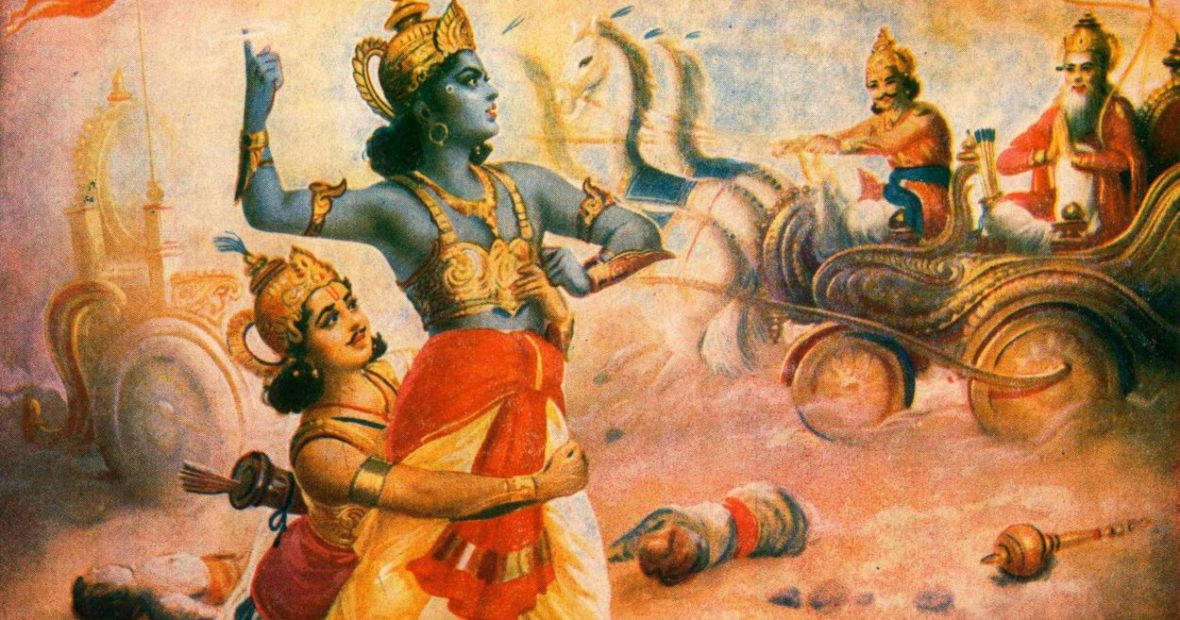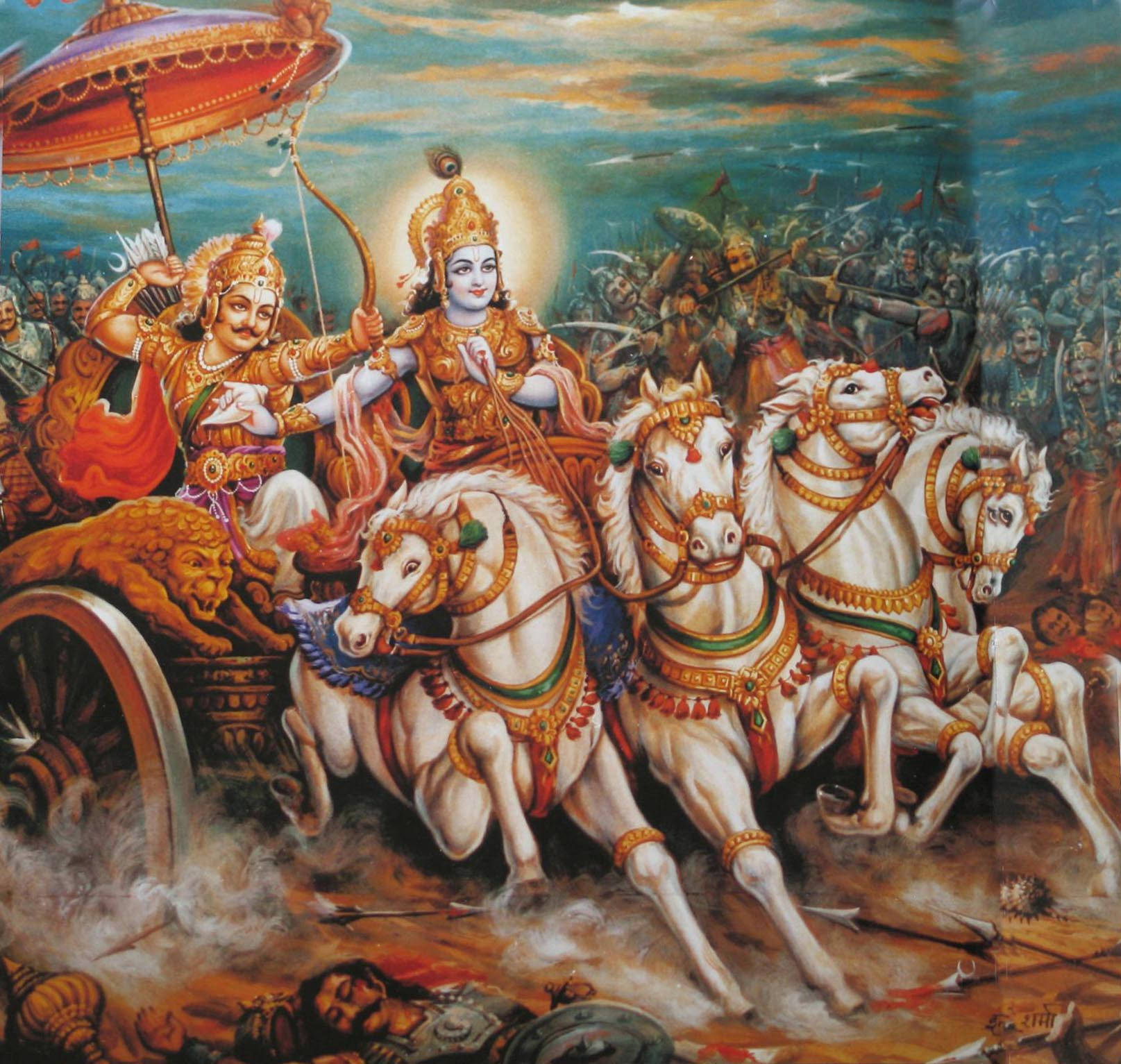Top 10 Leaning points in Bhagavad Gita 🙏:
The Bhagavad Gita, often referred to as the Gita, is a sacred Hindu scripture that contains profound philosophical teachings and spiritual wisdom. It is a dialogue between Lord Krishna and Prince Arjuna, taking place on the battlefield of Kurukshetra. The Gita covers various aspects of life, duty, righteousness, and the path to spiritual realization. Here are the top 10 learning points from the Bhagavad Gita:
1. Dharma and Duty: The Bhagavad Gita emphasizes the importance of fulfilling one's duty (dharma) without attachment to the results. It teaches that performing one's duty with sincerity and selflessness leads to spiritual growth and inner peace.
2. Renunciation and Detachment: The Gita highlights the concept of renunciation (tyaga) and detachment (vairagya) from the material world. It teaches that true detachment comes from understanding the impermanence of worldly pursuits and focusing on the eternal self (Atman).
3. Yoga of Selfless Action: The Gita introduces the concept of "Karma Yoga," the path of selfless action. It encourages individuals to perform their duties with dedication and without expectations, offering the results to a higher purpose.
4. Meditation and Self-Realization: The Gita speaks about the importance of meditation and self-realization (Jnana Yoga) to understand the true nature of the self and attain liberation (moksha).
5. Equality and Non-Discrimination: Lord Krishna teaches the principle of equality, emphasizing that all living beings are equal in the eyes of the divine. The Gita promotes non-discrimination based on caste, creed, or social status.
6. The Nature of the Soul: The Gita explains the eternal nature of the soul (Atman) and its indestructible existence beyond the physical body. It distinguishes the perishable body from the immortal soul.
7. The Path of Devotion: Lord Krishna describes the path of devotion (Bhakti Yoga), where devotees surrender themselves to God with unwavering love and devotion. Bhakti is considered a direct and simple path to spiritual realization.
8. Control of the Mind: The Gita addresses the importance of controlling the restless mind through practice and detachment. A disciplined mind is essential for spiritual growth and self-realization.
9. Facing Challenges with Courage: Arjuna's dilemma on the battlefield symbolizes the internal struggles faced by every individual. The Gita teaches the importance of facing life's challenges with courage and conviction.
10. Universal Wisdom: The teachings of the Bhagavad Gita are universal and applicable to people from all walks of life. Its wisdom transcends cultural and religious boundaries, making it a timeless guide for personal growth and spiritual evolution.
The Bhagavad Gita is a profound text that offers guidance on leading a purposeful and meaningful life while attaining spiritual enlightenment. Its teachings continue to inspire and guide people on their spiritual journey across the world.
Thank you for reading...





No comments:
Post a Comment